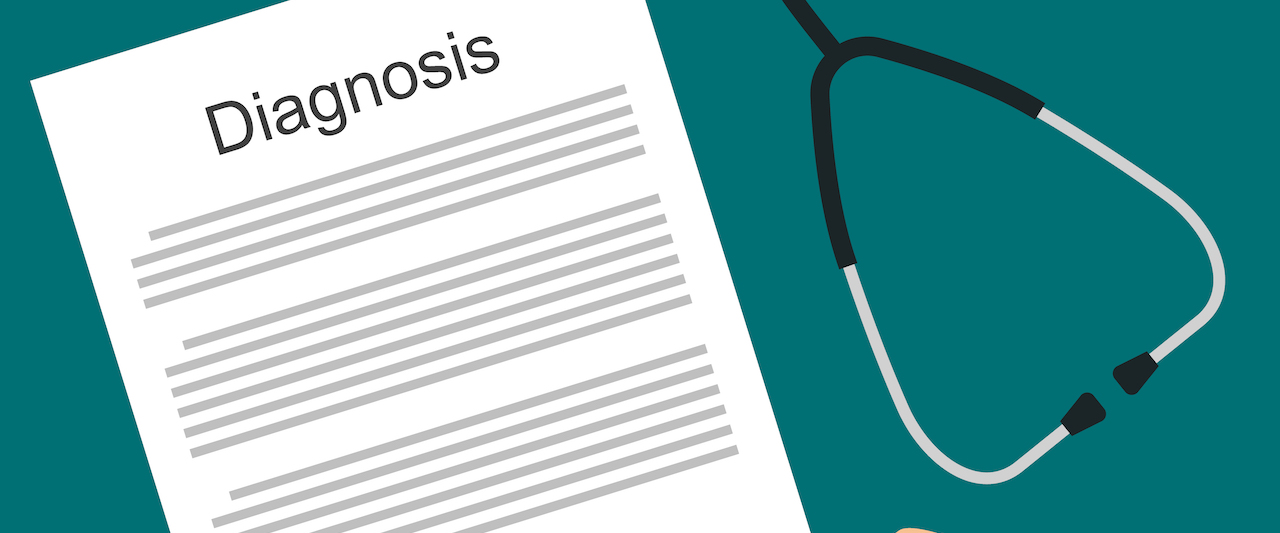Confused about these medical tongue-twisters? Although the names sound similar, they are very different condition. Don’t get them confused!
Psoriasis affects the skin
Psoriasis is a chronic, inflammatory skin condition which causes your skin cells to build up faster than normal, forming red, scaly patches on the surface of your skin. Psoriasis typically develops on your knees, elbows, and scalp, but can also develop on your hands, feet, neck, scalp, and mouth.
The causes
The exact cause of psoriasis is unknown, but these two key factors may be linked to its development:
- Genetics. If someone in your family has psoriasis, you have a high risk for the condition.
- Immune system. Psoriasis is an autoimmune disease. Autoimmune diseases are conditions in which the body attacks itself. In the case of psoriasis, your immune system mistakes your skin cells for intruders and attacks them. This causes new skin cells to develop too quickly, and build up on the surface of your skin as red, inflamed patches.
Psoriasis can also be triggered by a number of environmental factors, including:
- Stress.
- Smoking.
- Heavy alcohol consumption.
- Infections like strep throat or thrush.
- A skin injury, e.g. a cut, scrape, or sunburn.
- Certain medications, including those used to treat blood pressure, malaria, and bipolar disorder.
How it’s treated
There’s no cure for psoriasis, but topical creams and ointments can help. Your doctor may prescribe the following medications:
- Biologics to alter your immune system and prevent interaction between your immune system and inflammatory pathways.
- Cyclosporine to prevent your immune system’s response.
- Methotrexate to suppress an overactive immune system.
- Retinoids to reduce skin cell production.
Light therapy can also help ease psoriasis symptoms. This treatment uses ultraviolet or natural light to kill the overactive white blood cells that are attacking healthy skin cells.
Lifestyle changes like quitting smoking, drinking less and managing stress may also help.
Scoliosis affects the spine
Scoliosis is a condition that causes your spine to curve sideways. The letters “C” and “S” may be used to describe the curve. Scoliosis can affect any part of your spine, but most commonly the chest area and lower back. Scoliosis usually develops during the growth spurt before puberty.
The causes
- Cerebral palsy, a group of neurological conditions that affect movement, motor skills, muscle tone, and posture.
- Muscular dystrophy, a group of genetic disorders that cause weakness and loss of muscle mass.
- Birth defects affecting the development of the bones of the spine, e.g. spina bifida (the incomplete development of the spinal cord).
- Genetic conditions like Marfan syndrome (a disorder of the body’s connective tissues) and Down syndrome (a chromosomal disorder that causes developmental delays).
- Injuries or infection of the spine.
How it’s treated
Most cases of scoliosis are mild and don’t need treatment. In severe cases, a back brace or surgery may be necessary to reverse or prevent the condition from worsening. Stretching exercises and physical therapy can also help improve flexibility and strengthen the back muscles.
Sclerosis affects the inside
Sclerosis is a general medical term used to describe the hardening of tissues, vessels, or organs from inflammation, overgrowth of connective tissue, or an increase in interstitial tissue.
Types of sclerosis
Common conditions involving sclerosis are:
- Multiple sclerosis: an inflammatory disorder that eats away at the protective coating of the nerves. This lifelong and often disabling disease attacks your central nervous system, affecting your brain, spinal cord, and optic nerves.
- Amyotrophic lateral sclerosis: a progressive and degenerative nervous system disease that destroys nerve cells, weakens muscles, and causes disability.
- Systemic sclerosis: an autoimmune disease where there’s abnormal growth of connective tissue. This chronic disorder causes the skin and connective tissues to tighten and harden.
- Tuberous sclerosis: a rare genetic disorder that causes non-cancerous tumours to develop in your brain and on other vital organs.
- Lichen sclerosis: a chronic inflammatory skin condition that causes thin, white patches of skin, mainly in the genital area.
References:
- http://www.webmd.com/skin-problems-and-treatments/psoriasis/understanding-psoriasis-basics#1
- http://www.mayoclinic.org/diseases-conditions/psoriasis/home/ovc-20317577
- http://www.healthline.com/health/psoriasis
- https://www.psoriasis.com/psoriasis-causes
- http://www.webmd.com/back-pain/causes-scoliosis#1
- http://www.medicalnewstoday.com/articles/190940.php
- http://www.mayoclinic.org/diseases-conditions/scoliosis/home/ovc-20193685
- http://www.healthline.com/symptom/scoliosis
- http://www.rightdiagnosis.com/s/sclerosis/intro.htm
- https://www.merriam-webster.com/dictionary/sclerosis

